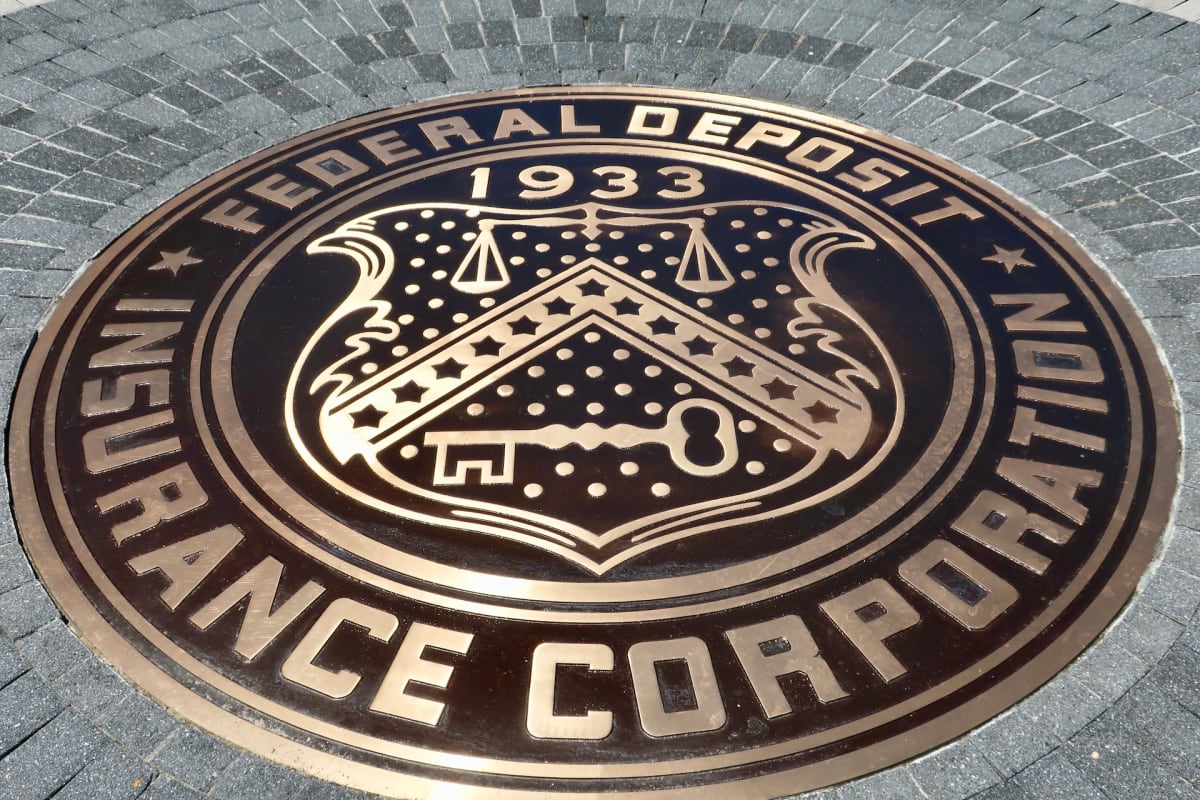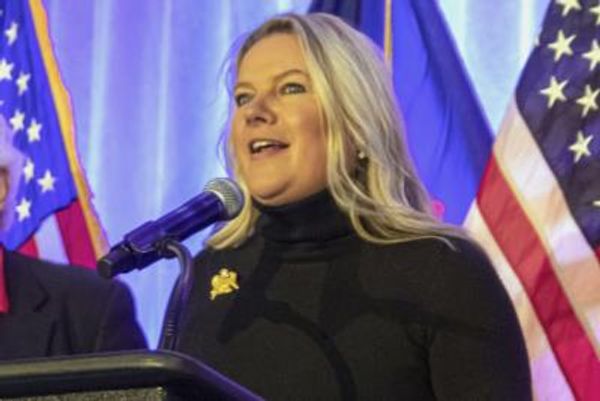
Normally it's bank customers who get hit with unpleasant and surprising fees for things like minimum balance requirements, overdrafts, out of network ATMs and so on.
But for a change, it's the banks themselves that are going to have to fork out money unexpectedly.
DON'T MISS: FDIC Has An Idea to Avoid Bank Runs
The largest banks in the U.S. will be responsible for paying billions of dollars to refill the deposit fund that was used to bailout banks in March, the Federal Deposit Insurance Corporation (FDIC) said on Thursday.
The recent failures of Silicon Valley Bank in California and Signature Bank in New York impacted the deposit insurance fund (DIF) for a total of $15.8 billion because uninsured depositors received 100% of their money.
The FDIC plans to levy 113 of the largest U.S. banks. Banks who have over $50 billion in assets would be responsible for over 95% of the replenishment, the FDIC said.
The federal bank regulator plans to apply a fee of 0.125% each year for uninsured deposits that are above $5 billion. The payments would be made in eight quarterly periods to maintain liquidity at the banks and would start in 2024, the FDIC said.
The FDIC plans to recoup a total of $15.8 billion to refill the deposit fund's coffers, which is "approximately equal to the losses attributable to the protection of uninsured depositors at these two failed banks," the agency said.
Banks that have under $5 billion in assets would not pay the fee.
Party Line Vote on Measure
The FDIC board approved the fee proposal - three Democratic members supported it and its two Republican members voted against it.
The agency is now seeking feedback from the public and banking industry before the plan is finalized.
“The proposal applies the special assessment to the types of banking organizations that benefitted most from the protection of uninsured depositors, while ensuring equitable, transparent, and consistent treatment based on amounts of uninsured deposits,” said FDIC Chairman Martin J. Gruenberg. “The proposal also promotes maintenance of liquidity, which will allow institutions to continue to meet the credit needs of the U.S. economy.”
The Federal Deposit Insurance Act requires the FDIC to "recover any losses to the DIF as a result of protecting uninsured depositors through a special assessment," the agency said.
Both SVB and Signature Bank were shut down by regulators in March and the large percentage of uninsured deposits were a drain to the deposit insurance fund.
Uninsured Deposits Were a Huge Problem
When SVB was seized on March 10, 88% of its deposits were uninsured, the FDIC said.
"The portion of the total estimated loss of $16.1 billion that is attributable to the protection of uninsured depositors is $14.2 billion," the agency said. "The cost estimate for the sale of the Silicon Valley Bridge Bank to First Citizens has been revised from the original estimate of $20 billion to approximately $16.1 billion due to a decrease in the amount of liabilities assumed by First Citizens relative to the initial estimate, higher anticipated recoveries from certain other assets in receivership, and an increase in the market value of receivership securities."
Signature Bank was shut down 48 hours after SVB. When Signature Bank failed, 67% of its deposits were uninsured.
The FDIC guarantees deposits of up to $250,000 per account currently and had a balance of $128.2 billion at the end of 2022, according to the agency.
Banks have been paying a fee each quarter to the deposit fund in the past.
In April, First Republic Bank was taken over by regulators and later sold to JP Morgan Chase, which will cost the fund another $13 billion.







